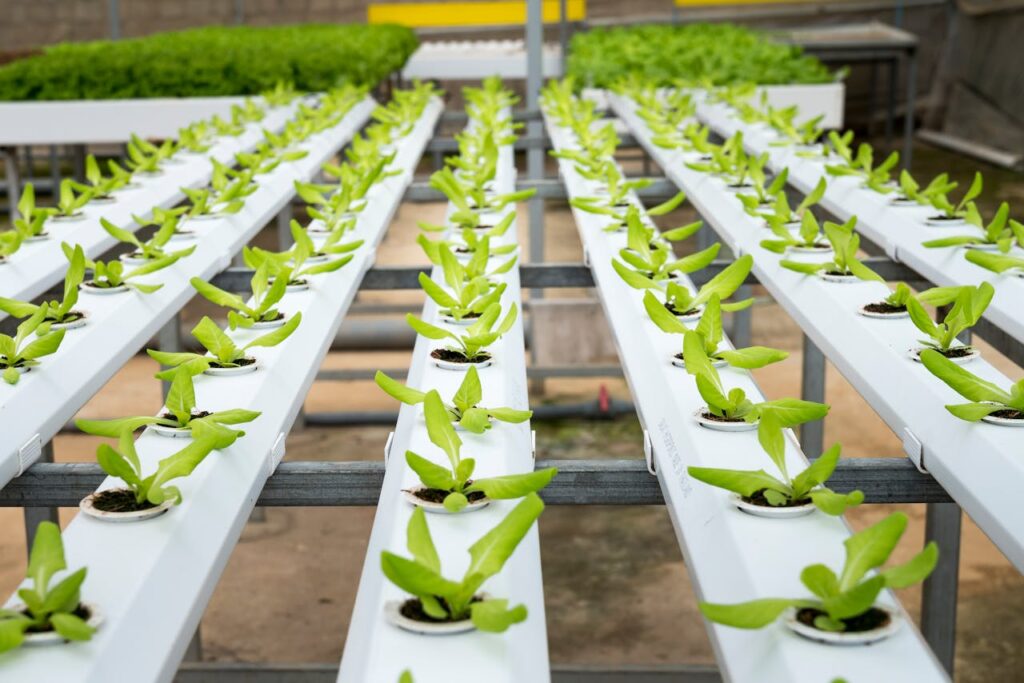Genetically Modified (GM) crops have sparked debates globally and in India, where agriculture is a cornerstone of the economy. GM crops are developed through genetic engineering to introduce desirable traits such as resistance to pests, diseases, herbicides, and tolerance to environmental stresses. This article explores the significance, benefits, controversies, regulatory framework, and future implications of GM crops specifically for Indian farmers.

Significance of Genetically Modified (GM) Crops
GM crops hold significance for Indian agriculture due to several reasons:
Increased Crop Yield: GM technology enables crops to resist pests and diseases, thereby reducing yield losses and improving productivity, crucial for feeding a growing population.
Environmental Sustainability: Some GM crops require fewer pesticides or herbicides, leading to reduced chemical usage, lower environmental impact, and preservation of biodiversity.
Crop Adaptation: GM technology can enhance crop resilience to environmental stresses such as drought, salinity, and extreme temperatures, making farming more reliable in challenging conditions.
Nutritional Enhancement: GM crops can be engineered to enhance nutritional content, addressing specific nutrient deficiencies prevalent in certain regions.

Benefits of Genetically Modified (GM) Crops
Pest and Disease Resistance: Incorporating genes for pest resistance reduces the need for chemical pesticides, lowering production costs and minimizing health risks for farmers.
Herbicide Tolerance: Herbicide-tolerant GM crops allow farmers to control weeds more effectively, leading to better weed management practices and improved crop yields.
Improved Shelf Life and Quality: GM technology can enhance traits like shelf life, color, texture, and flavor of crops, meeting consumer preferences and reducing food waste.
Environmental Conservation: Reduced pesticide use and conservation tillage practices associated with GM crops contribute to soil health, water conservation, and overall environmental sustainability.

Controversies Surrounding GM Crops
Despite their potential benefits, GM crops face several controversies and challenges:
Environmental Concerns: Critics argue that GM crops could pose risks to biodiversity, including unintended harm to non-target organisms and potential gene flow to wild relatives.
Food Safety and Health Risks: Public concerns about the long-term health impacts of consuming GM foods, allergenic potential, and antibiotic resistance genes used in some GM crop development.
Economic Issues: Critics suggest that GM seeds and technologies may perpetuate dependency on multinational corporations, raising concerns about farmer sovereignty and access to seeds.
Regulatory Challenges: Establishing robust regulatory frameworks to ensure safety assessments, environmental monitoring, and labeling transparency for GM products remains a challenge in many countries.

GM Crops in India: Current Scenario and Future Outlook
Adoption and Cultivation: In India, GM cotton (Bt cotton) has been widely adopted since its approval in 2002, demonstrating increased yields, reduced pesticide use, and economic benefits for farmers.
Potential Crops: GM mustard (DMH-11) has been developed for improved yield and oil content, awaiting regulatory approval amid debates over environmental and health impacts.
Regulatory Framework: The Genetic Engineering Appraisal Committee (GEAC) under the Ministry of Environment, Forest and Climate Change regulates the research, field trials, and commercial release of GM crops in India.
Public Perception and Debate: GM crop adoption in India is influenced by public perception, scientific evidence, farmer experiences, and socio-economic considerations, shaping policy decisions and regulatory approaches.

Future Implications and Conclusion
The future of GM crops in India hinges on balancing potential benefits with addressing concerns about environmental impacts, food safety, economic implications, and regulatory oversight. Scientific research, transparent communication, stakeholder engagement, and evidence-based policy decisions are crucial for harnessing the full potential of GM technology while ensuring sustainable agriculture and food security.
In conclusion, GM crops present opportunities to address agricultural challenges and improve farm productivity in India. Continued research, responsible deployment, and informed public discourse are essential for navigating the complexities surrounding GM crop adoption and ensuring sustainable agricultural development in the country.